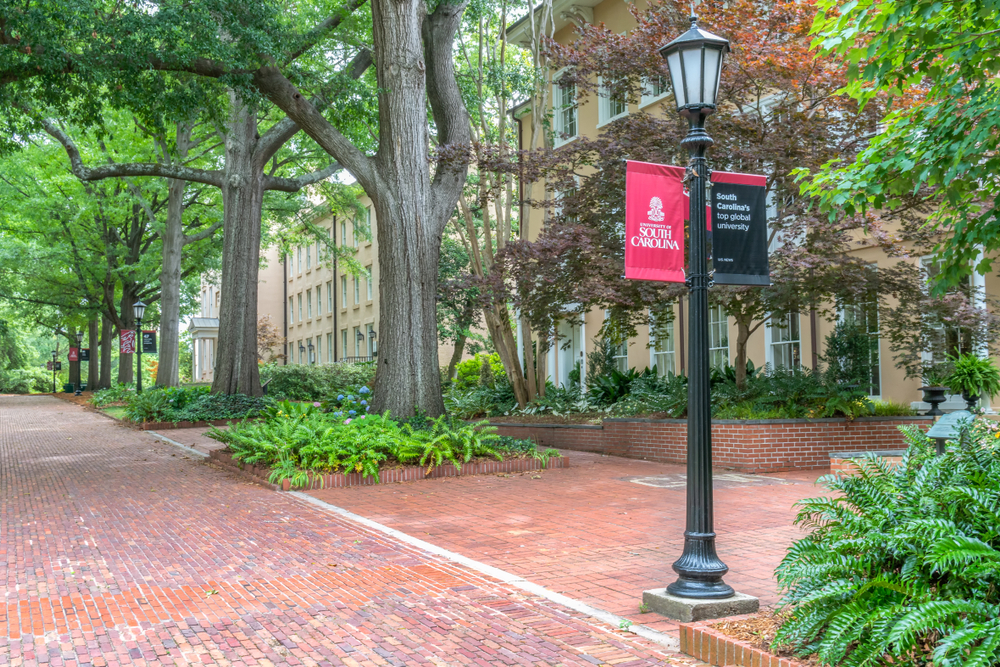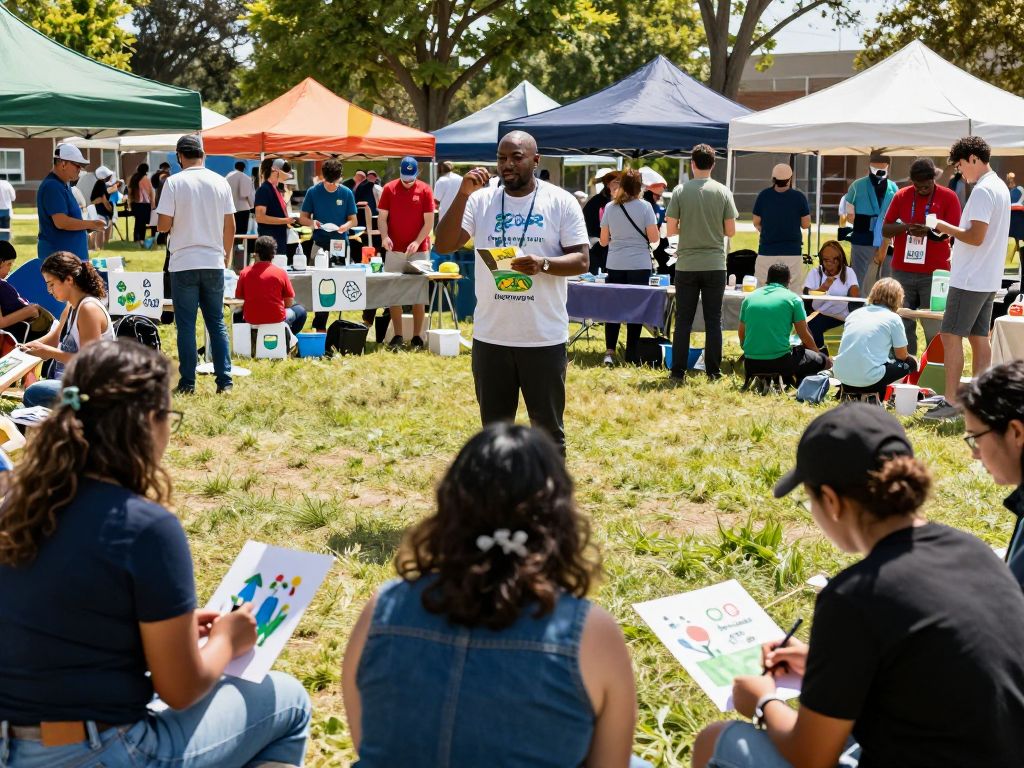Columbia Professor Named to National Academy of Sciences
University of South Carolina Geographer Recognized for Disaster Recovery Research
COLUMBIA—Dr. Susan Cutter, a distinguished professor at the University of South Carolina, has been elected to the prestigious National Academy of Sciences. Dr. Cutter, who serves as the director of the Hazards Vulnerability and Resilience Institute at the university, specializes in studying how communities recover from disasters.
Recognized Excellence
Dr. Cutter’s election to the National Academy of Sciences is a significant honor, placing her among a select group of scholars from South Carolina universities who have received this recognition. Her work focuses on understanding the capacity of individuals and communities to respond to extreme events, ranging from nuclear disasters to devastating storms.
Dr. Cutter, who earned her doctorate from the University of Chicago in 1976, has been a Carolina Distinguished Professor at USC since 1993. She has mentored over 60 graduate students at the university, many of whom have gone on to prominent positions in academia and the professional world.
Translating Science into Practice
Under Dr. Cutter’s leadership, the Hazards Vulnerability and Resilience Institute at USC has conducted research on various significant events, including the 9/11 attacks, the 2005 train crash and chlorine spill in Aiken County, and the 2015 flooding in South Carolina. The institute collaborates with state authorities to translate its research findings into practical preparedness measures.
Despite the serious nature of her work, Dr. Cutter’s office at USC is filled with flamingo decorations, serving as a cheerful contrast to the disasters she studies. She has a passion for collecting fake flamingos and often presents them to her graduate students as gifts.
Future Research Initiatives
Dr. Cutter’s next project will focus on studying the impact of climate change on landscapes and how people perceive and adapt to these changes, particularly in relation to wildfires, drought, and heat. This research, a collaboration with the University of Idaho and University of Nevada, Reno, aims to deepen our understanding of environmental challenges.
Dr. Cutter’s appointment to the National Academy of Sciences and her ongoing research endeavors underscore her outstanding contributions to the field of disaster recovery and resilience. Her dedication to advancing scientific knowledge and practical preparedness measures has earned her this well-deserved recognition.

Author: STAFF HERE Chapin
CHAPIN STAFF WRITER The CHAPIN STAFF WRITER represents the experienced team at HEREchapin.com, your go-to source for actionable local news and information in Chapin, Lexington County, and beyond. Specializing in "news you can use," we cover essential topics like product reviews for personal and business needs, local business directories, politics, real estate trends, neighborhood insights, and state news affecting the area—with deep expertise drawn from years of dedicated reporting and strong community input, including local press releases and business updates. We deliver top reporting on high-value events such as the Chapin Christmas Parade, Fourth of July Celebration, and the Chapin Fall Festival. Our coverage extends to key organizations like the Chapin Chamber of Commerce and the Lexington School District One, plus leading businesses in retail and recreation that power the local economy such as Lake Murray Tourism and the Chapin Visitor Information. As part of the broader HERE network, including HEREaiken.com, HEREbeaufort.com, HEREchapin.com, HEREcharleston.com, HEREclinton.com, HEREcolumbia.com, HEREgeorgetown.com, HEREgreenwood.com, HEREgreenville.com, HEREhiltonhead.com, HEREirmo.com, HEREmyrtlebeach.com, HEREnewberry.com, HERErockhill.com, HEREspartanburg.com, HEREaustin.com, HEREcollegestation.com, HEREdallas.com, HEREhouston.com, and HEREsanantonio.com, we provide comprehensive, credible insights into South Carolina's dynamic landscape.





